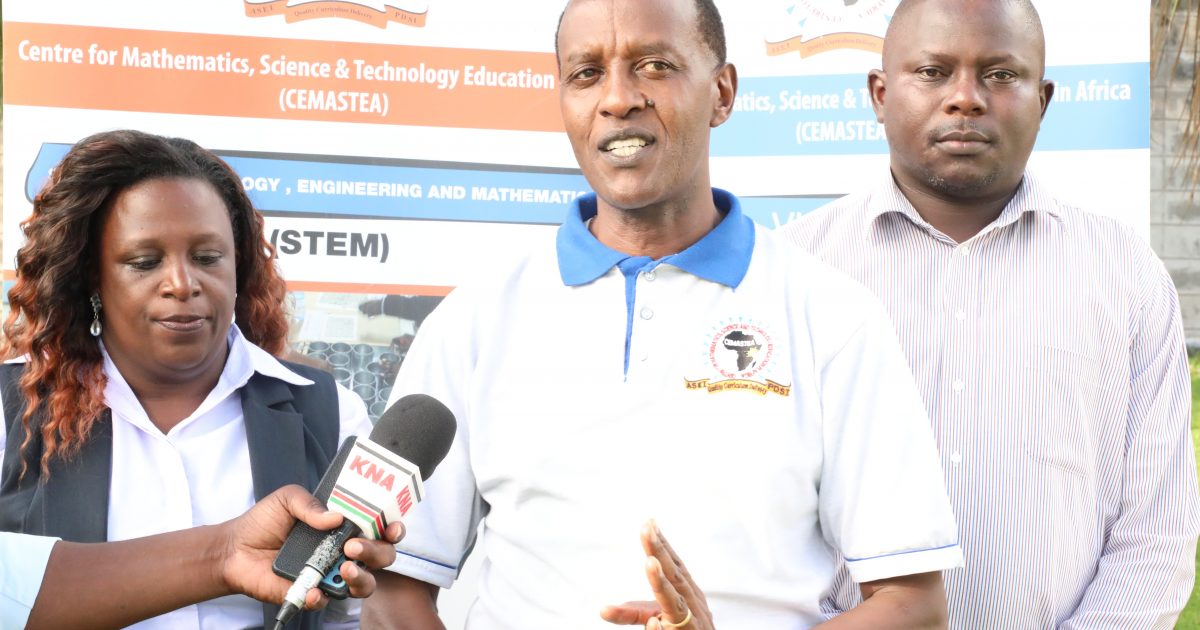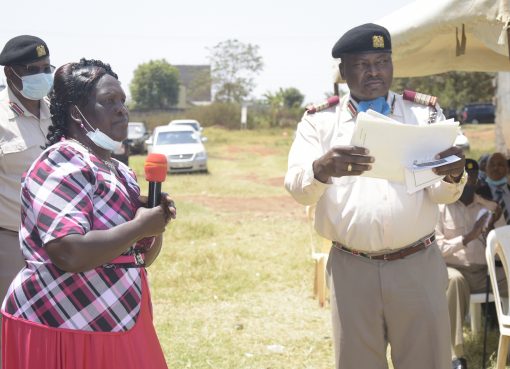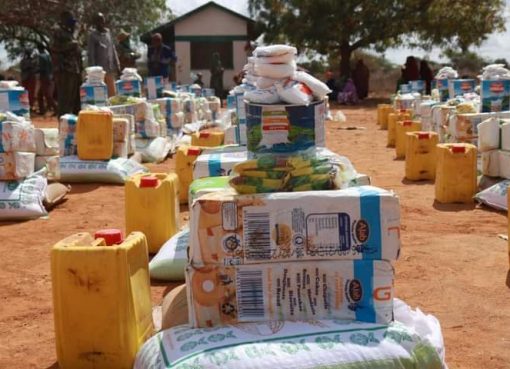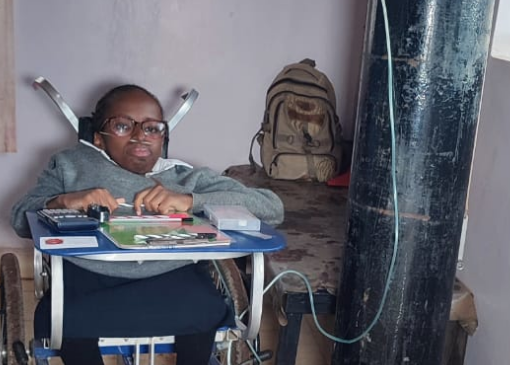The Centre for Mathematics, Science and Technology Education in Africa (CEMASTEA) is spearheading efforts to bolster the implementation of the Competency Based Curriculum (CBC).
Through training and capacity building for Junior Secondary School (JSS) teachers, the state agency has introduced community of practice (CoP) model to enhance collaboration and knowledge sharing among JSS teachers and learners to ensure success of the CBC.
CoP refers to a group of people who share a common concern, a set of challenges, or an interest in a topic. They come together to fulfil both individual and group goals.
According to the Program’s Coordinator George Kiruja, the concept was critical in addressing gaps in curriculum implementation, with teachers set to learn from one another and collectively deliver expected results.
“The idea is to help teachers work as a community. The model promotes peer learning, exchange of best practices, and collaborative problem solving, providing a platform for teachers to share insights, resources, and strategies for delivering the CBC effectively.
As a result, teachers are able to jointly study and interpret curriculum designs and other materials, develop plans and learning materials and implement lessons together.
The collegiality, he said, enables teachers to use locally available resources to impart knowledge to learners.
Speaking in Kisumu during a training for County Trainers for JS teachers drawn from 15 counties in Nyanza, Western and North Rift regions, Kiruja said through the advocacy efforts, CEMASTEA aims to establish vibrant CoPs at all the Junior Schools across the country for improved learning outcomes.
“CBC emphasizes learner centred strategies. Therefore, we feel that when teachers work together, they are likely to gain from one another. That way, they feel more confident, and going forward, this is going to enhance the achievement of positive learning outcomes,” he said.
The CoP, he added, can be between teachers of the same school, teachers of the same learning areas from different schools in the same same school or locality.
The learning experiences, he said, can be face to face, online, or blended, with teachers encouraged to take advantage of social media platforms like WhatsApp.
This, he said, will see the establishment of regional clusters and subject specific clusters to enable teachers to deploy innovative pedagogical approaches to address the nitty-gritty of the CBC curriculum.
CEMASTEA, he added, has developed a portal through which the teachers can share their challenges so that targeted trainings are carried out.
CoP, he said, can also be between students of the same school, neighbouring school, or students pursuing the same learning area so that they share their interests and learn from one another.
“If learners can work as a community given that they have the same expectations from the curriculum, then we expect them to not only pursue their interests but to excel as well,” he said.
This, he observed, will go a long way in assisting the learners to identify their right pathways as they move to senior school.
Lucy Wairimu, a JSS teacher in Nakuru County, said the training was an eye opener and will enable teachers to quickly transition from the content to learner’s centered pedagogies for effective delivery of the CBC curriculum.
“We have been imparted with a lot of knowledge that we are going to cascade to our counties. This will see teachers involve learners more and embrace community of practice for improved outcomes,” she said.
Francis Wafula, a JS teacher in Busia County, said the concept has enabled teachers to learn from one another and be more creative in the delivery of the curriculum.
”Through CEMASTEA, we have been trained on how to use locally available materials and ICT to teach,” he said.
He called for more in service training for junior school teachers to help them specialise in meeting the learner’s expectations.
Even though Junior School is domiciled in primary school, the institutions, he said, must operate independently for effective delivery of the curriculum.
This, he said, this will see the institutions have their own national games, national music, and drama festivals, and science and engineering fairs to support learners’ transition to the three pathways in senior school.
By Chris Mahandara





